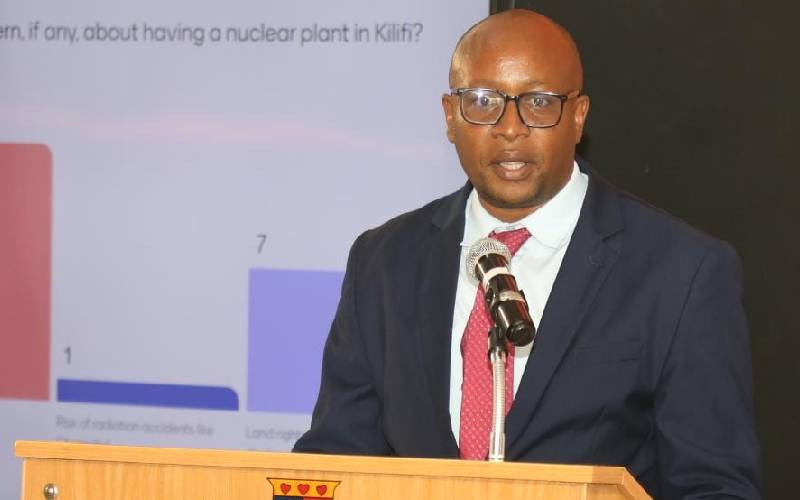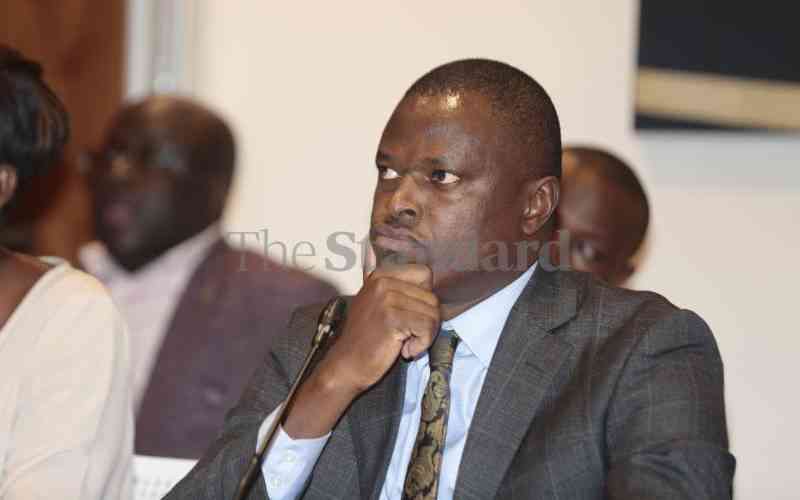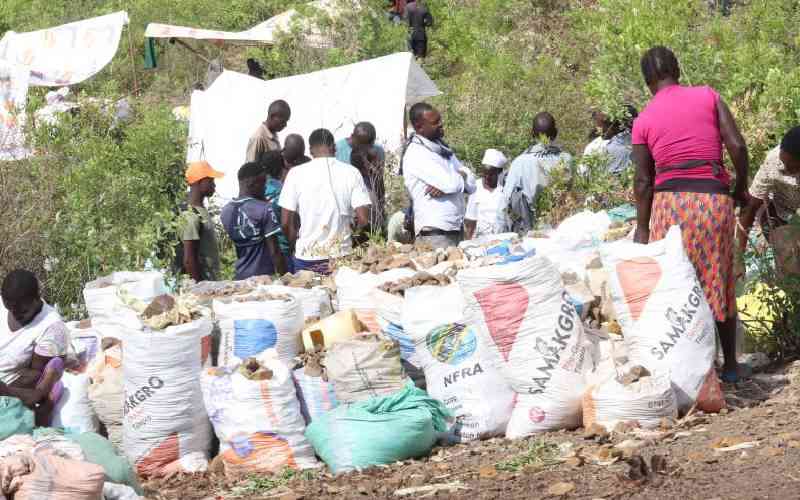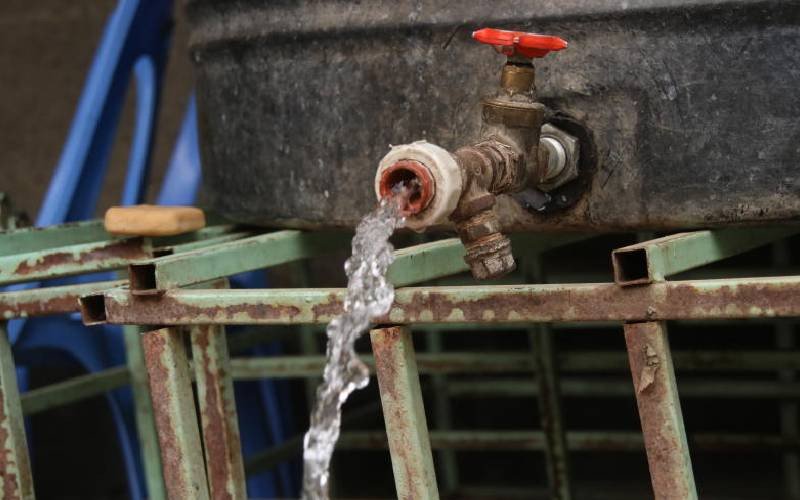
The government has reaffirmed its commitment to advancing the nuclear energy programme in line with international safety standards, terming it an enabler of the country’s industrialisation agenda.
The Kenya Nuclear Regulatory Authority (KNRA) and Nuclear Power and Energy Agency (Nupea) stated that Kenya will not be left behind as most countries shift to low-carbon energy.
Speaking at a nuclear energy forum at Strathmore University, KNRA Director of Partnerships and Public Awareness Edward Mayaka and Nupea Chief Executive Justus Wabuyabo, allayed fears of ill-preparedness to embrace the technology.
Key issues discussed during the nuclear energy public discourse included the potential of new nuclear technologies such as Small Modular Reactors (SMRs), the role of youth in the sector, and Kenya’s nuclear roadmap aimed at addressing the country’s rising energy demand. “We are ensuring that our legal and institutional frameworks not only comply with international obligations but are also tailored to our national needs, with a forward-looking vision that accommodates innovation, such as advanced and small modular reactors,” said Mayaka.
Many Global South countries, including Kenya, rely heavily on hydroelectric power due to delays in diversifying their energy sources. Kenya’s total installed energy capacity includes 863 megawatts (MW) geothermal, 838 MW hydro, 436 MW wind, two MW biomass, 173 MW solar, and 678 MW thermal, with the country hoping to generate 1,000 MW of electricity from the first nuclear power plant.
Mr Mayaka assured the public that KNRA is fully prepared to regulate nuclear deployment across energy, health, research, and security sectors.
“Nuclear energy is not just about megawatts. It is about trust, responsibility, and ensuring that technological progress never compromises public safety or environmental integrity. A robust safety demonstration and a well-structured regulatory framework are fundamental prerequisites,” he said.
He noted that with strong regulatory systems, partnerships with global industry leaders, and ongoing capacity building, Kenya is confident in safely developing its nuclear programme under the guidance of the International Atomic Energy Agency (IAEA).
Mr Wabuyabo said the agency is committed to consultations and research, particularly on potential nuclear plant sites. “There is a secret in nuclear that can solve many of our problems…we will focus on science rather than politics,” Mr Wabuyabo said.
Participants from diverse fields stressed the need for increased public awareness as Kenya’s nuclear ambitions take shape. They urged KNRA and Nupea to demystify nuclear science and simplify technical jargon to enhance public understanding and acceptance.
The chairperson of the County Energy Directors Committee at the Council of Governors, Wilfred Kenga noted that counties are now active players in the energy sector. “Energy is a shared function. As we speak, 26 counties have already developed their long-term energy development plans,” Mr Kenga said.


